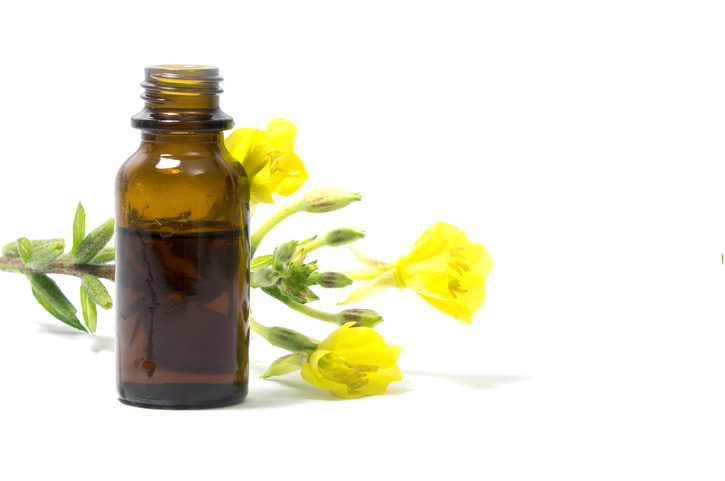Primrose oil has been a popular addition to the present-day nutritional diet for years, and its history is lengthy, and worldly. Primrose is considered to be a wildflower and is popularly grown and native throughout the United States. It was introduced to Europe in the early 1600s, when the root was taken to Germany and England by early settlers. Native Americans were known to use the primrose seeds for food, and as medicine. Topical poultices were commonly used for wound treatments, sore muscles, and bruises.
The oil extracted from primrose seeds is comprised of essential nutrients, which have made primrose oil a commonly recommended folk remedy for centuries. It is highly concentrated and high in gamma-linolenic acid (GLA), an omega-6 essential fatty acid that is known to have anti-inflammatory effects in the body.
Studies have shown that GLA in the oil can help fight mild inflammation. Researchers reporting in Antioxidants note: “After analyzing the chemical composition of evening primrose (Oenothera biennis), especially the oil from its seeds and the biological activity of its components, it can be stated that it is a natural preparation supplementing the deficiency of essential fatty acids in the body. Therefore, it is beneficial in the treatment of chronic inflammation.’"
It is not uncommon to hear of primrose oil being used for skin conditions, PMS, breast pain, hormonal imbalances, and nerve pain, including tingling and numbness, although studies tend to be lacking, and non-supportive. Healthline reports: “The National Center for Complementary and Integrative Health (NCCIH) states that there is not enough evidence to support EPO for any health conditions. Despite that, it is generally safe to use long-term, and some studies have highlighted areas of possible benefit.”
Primrose oil is commonly ingested in liquid oil capsules, and preferably after meals. Although primrose oil is GRAS (Generally Regarded As Safe), those who are pregnant, breast feeding, or on blood thinners are advised to consult a medical practitioner.










